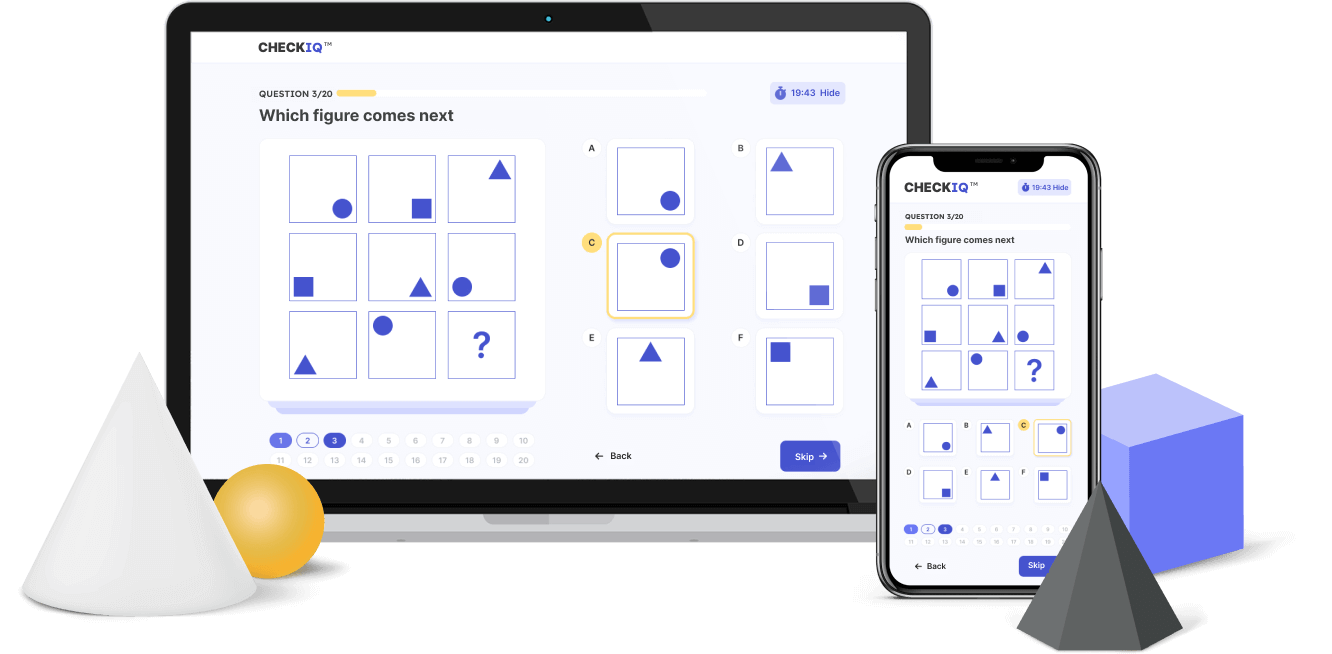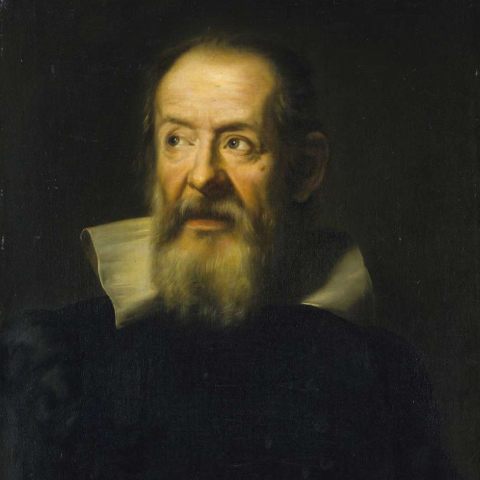Galileo Had a 175 IQ
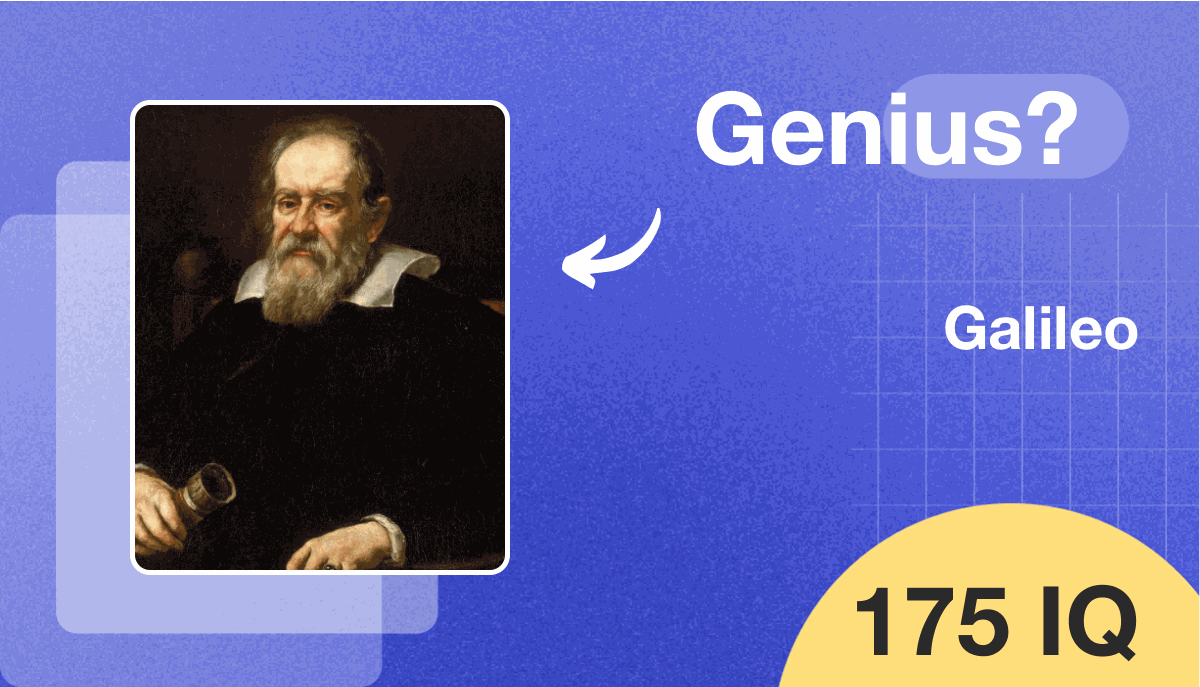
Galileo Galilei is famous for his big contributions to physics, astronomy, and the scientific method. Born in Pisa, Italy, in 1564, Galileo's work laid the groundwork for modern science. His discoveries, like the moons of Jupiter and the phases of Venus, changed how we see the universe. With an estimated IQ of 175, Galileo's impact on science is huge.
Galileo made many important discoveries that still matter today. He found that moons orbit around Jupiter, which helped prove that the sun, not Earth, is the center of the solar system. However, a manuscript at the University of Michigan, thought to be written by Galileo, was found to be a fake by a 20th-century forger named Tobia Nicotra. Historian Nick Wilding spotted the forgery by noticing odd handwriting and word choices.
Galileo's telescopic discoveries changed astronomy forever. In 1609, he made telescopes that showed mountains on the Moon and the phases of Venus. These findings supported the idea that the planets orbit the sun, not Earth. His book, "The Starry Messenger" shared these discoveries and surprised the scientific community.
Galileo is often called the founder of modern physics. He spent his life figuring out the laws of motion and came up with the law of inertia. His work laid the groundwork for later scientists like Isaac Newton and helped us understand how objects move.
Interestingly, Galileo also practiced astrology. He conducted astrological readings for wealthy clients and taught it to medical students, showing that even great scientists of the time engaged in practices we might not find scientific today.
Galileo’s later life was marked by conflict with the Church. His book, "Dialogue Concerning the Two Chief World Systems" led to his trial for heresy. He was forced to recant his support for the sun-centered model and spent the rest of his life under house arrest. Despite this, he continued his work on mechanics and motion, publishing "Two New Sciences" in 1638.
Galileo's contributions to science and his fearless pursuit of truth have made him a symbol of scientific inquiry and courage. His work continues to inspire and inform modern science, showing the enduring power of curiosity and innovation.
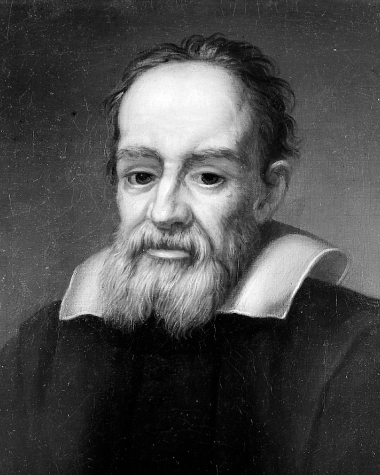

Average Confidence Level
HighWe used reports by Genetic Studies of Genius, Business Insider and Big Think to calculate the average IQ score of Galileo Galilei. The other source is provided for comparison purposes. We calculated some source scores using the midpoint of the given ranges.
 Confidence Level: High
Confidence Level: High
 Confidence Level: High
Confidence Level: High
 Confidence Level: High
Confidence Level: High
 Confidence Level: Medium
Confidence Level: Medium
5 Reasons Why Galileo Galilei Is Considered a Genius
- Telescopic Discoveries: Galileo improved the telescope, leading to discoveries such as the four largest moons of Jupiter, phases of Venus, and detailed observations of the moon's surface.
- Father of Modern Physics: His experiments on the motion of objects laid the groundwork for classical mechanics. Galileo challenged Aristotelian physics and substantially advanced the scientific method.
- Heliocentrism Advocate: Galileo's observations supported Copernicus' heliocentric theory. They confronted established geocentric views and led to significant shifts in our understanding of the solar system. Interestingly, he stood before the Roman Inquisition for his work on this theory. He was sentenced to life in prison and while he avoided this fate, Galileo spent the last years of his life on house arrest.
- Scientific Method Innovator: He was pivotal in developing and advocating for the scientific method, emphasizing experimentation and mathematical analysis to understand natural phenomena.
- Laws of Motion Pioneer: Galileo's work on the laws of motion, including the principle of inertia and experiments with inclined planes, were foundational to Isaac Newton's later work.
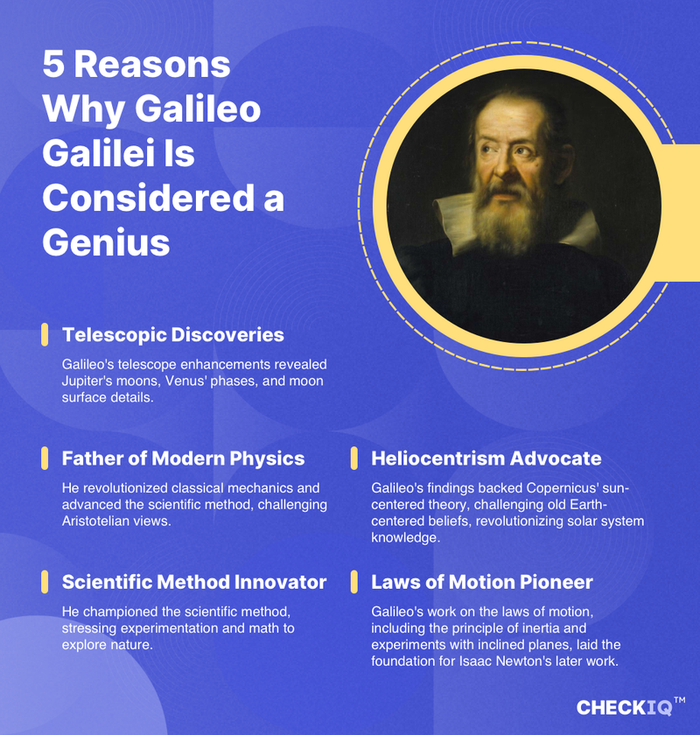
Try our accurate online IQ Test. Get your IQ score immediately.
Start IQ Test
Where Does Galileo IQ Score Stand?
Galileo, with an astounding IQ of 175, belonged to a very rare intellectual group, achieved by only 1 in over 3 million people. This incredible score far exceeds the entry requirements for the most elite high-IQ societies in the world. Mensa, known globally, requires a score of 130 on tests with a standard deviation of 15, which Galileo easily surpassed. He also met and exceeded the standards for Intertel and the Triple Nine Society, which cater to the top 1% and 0.1% of the population. While his exceptional mind would have made him a perfect fit for the ultra-exclusive Epimetheus Society, requiring an IQ in the top 0.003%, Galileo had more pressing matters. He was busy revolutionizing our understanding of the cosmos, inventing the telescope, and challenging the very foundations of science!
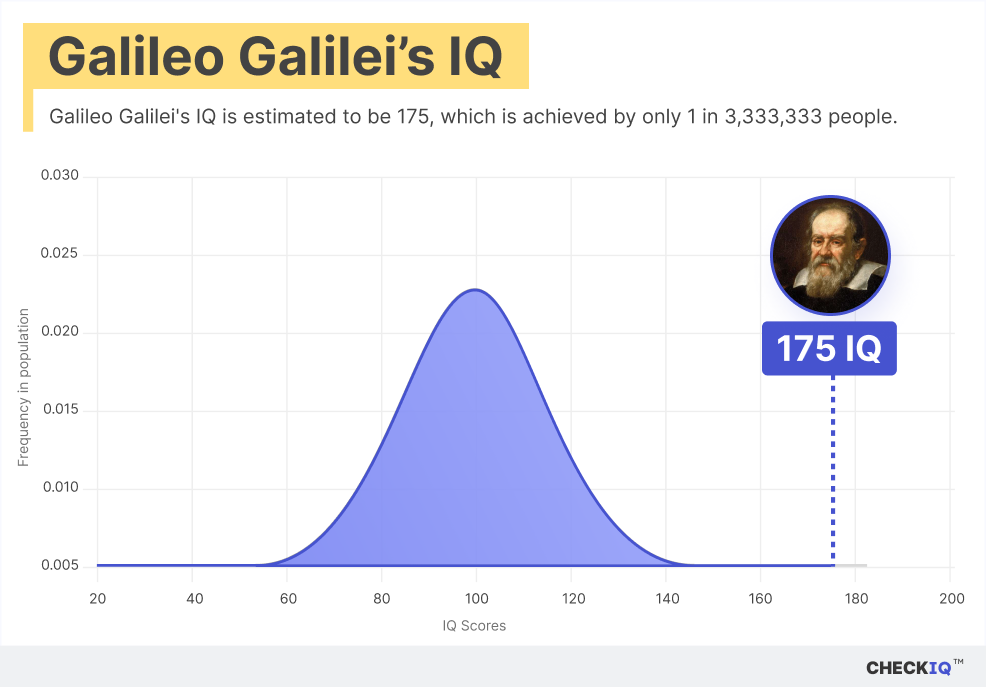
Galileo vs. Other Scientists: Here's How They Compare
Galileo, with an IQ of 175, is a major figure in science. He changed how we see the universe. However, his intellect is slightly overshadowed by modern geniuses like Terence Tao. Tao's IQ of 227 shows his amazing talent in mathematics, leading to important discoveries in many areas.
Meanwhile, Kim Ung-Yong impresses with an IQ of 210, highlighting his early skills in languages and physics.
The physicist J. Robert Oppenheimer with his 145 IQ, played a key role in creating the atomic bomb. His work showed a deep understanding of science.
Similarly, Edward Witten's IQ of 191 changed theoretical physics, especially with his work on string theory.
Lastly, Gottfried Leibniz, with an IQ of 190, had a big impact on mathematics, logic, and philosophy.
Each of these brilliant minds made unique contributions to their field, pushing the limits of human knowledge.
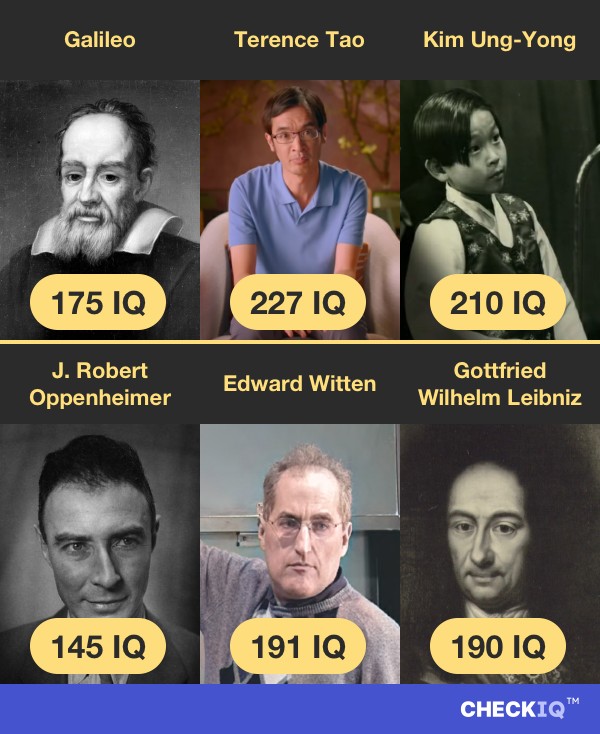
Did you think Galileo's 175 IQ was inflated? Let us know in the comments box section below!
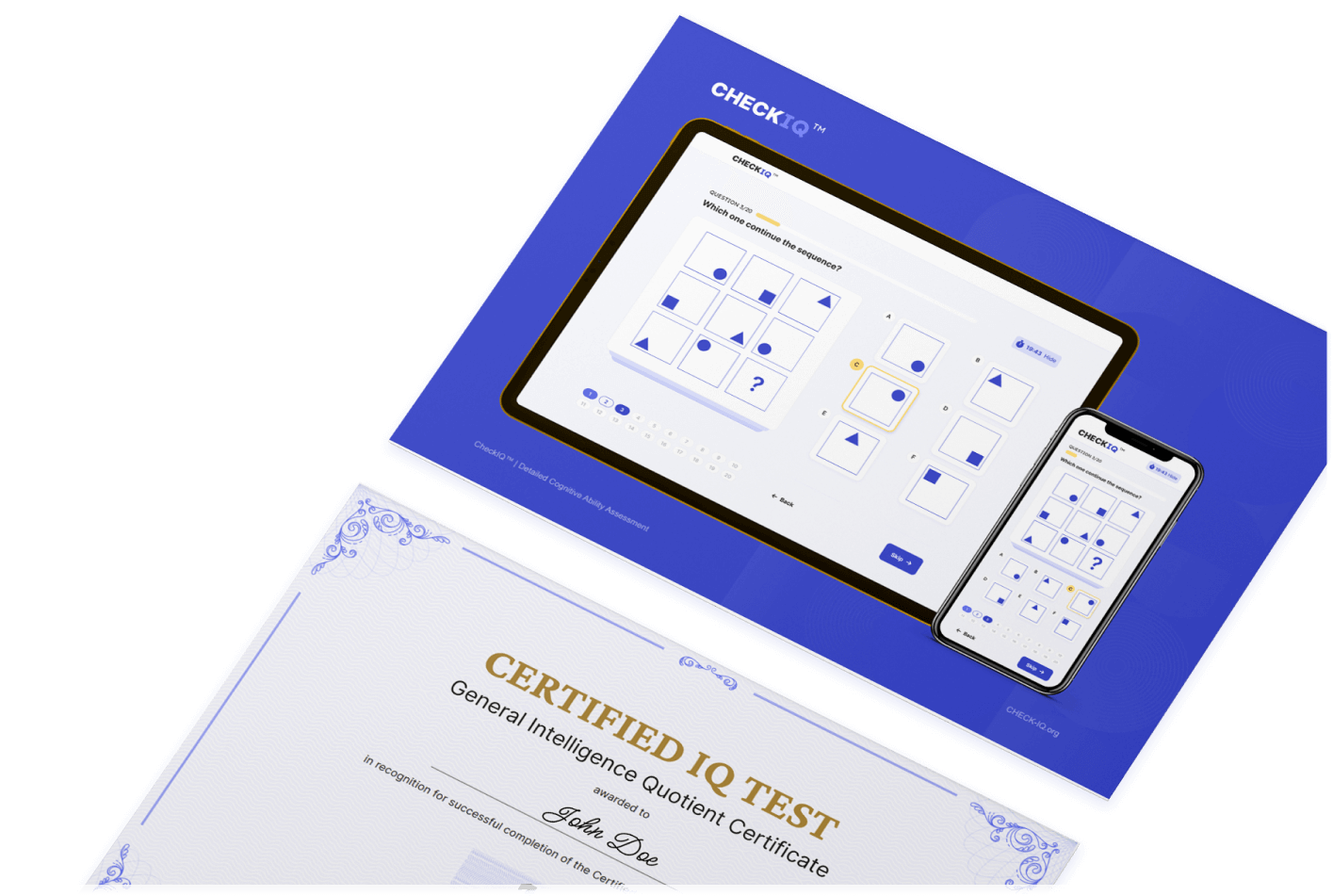
Discover the IQ of Other Famous People
-
 David Duchovny147 IQ
David Duchovny147 IQ -
 Beyoncé136 IQ
Beyoncé136 IQ -
 Mila Kunis115 IQ
Mila Kunis115 IQ -
 Terence Tao227 IQ
Terence Tao227 IQ -
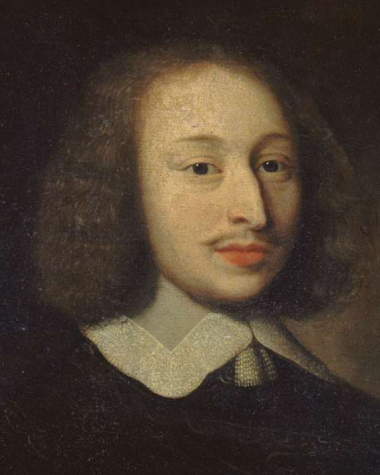 Blaise Pascal180 IQ
Blaise Pascal180 IQ -
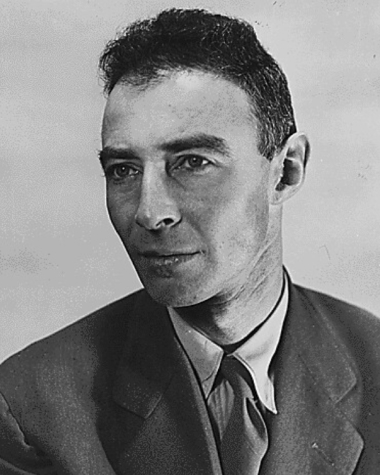 J. Robert Oppenheimer145 IQ
J. Robert Oppenheimer145 IQ
